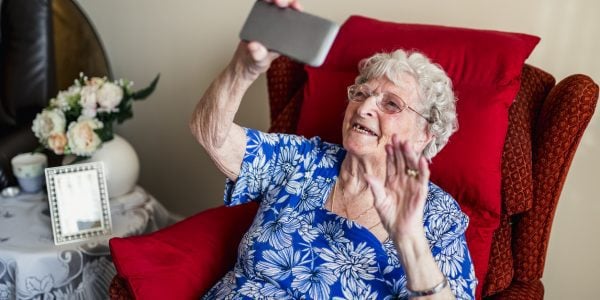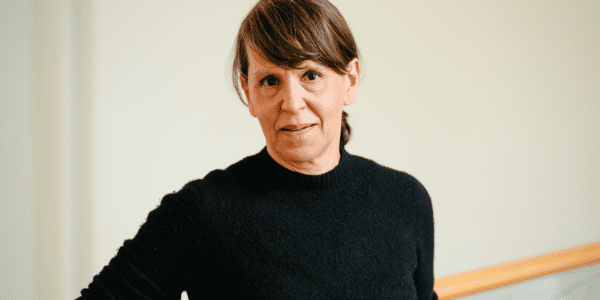A new survey shows public opinion is divided in the UK about the introduction of vaccine passports and is strongly linked to whether or not they themselves have received the vaccine. The survey also finds that Black respondents are more likely to oppose vaccine passports and be concerned about discrimination.
This is according to Nuffield-funded research released from Belong – The Cohesion and Integration Network and the University of Kent.
The survey found that 51.8% of people across the UK were somewhat or strongly supportive and 28% were somewhat or strongly opposed to the introduction of vaccine passports. 41.6% thought vaccine passports would not unfairly discriminate while 35.1% thought they would do so.
Those who had already received the vaccine were more positive (67.6%) than those who had not (39.8%). Fewer of those who had received the vaccine felt that passports would be unfair (22.4%) than of those who had not (44.7%).
The research identifies some key factors affecting public opinion of vaccine passports:
- Black respondents (identifying as Black, Black British, African or Caribbean) were much more likely to oppose vaccine passports (29.3% support, and 50.4% opposition) and consider them as unfairly discriminating certain people and groups (58.4%).
- Approval of vaccine passports was higher in those reporting ‘a lot’ to ‘complete’ trust in the government (64.5%) compared with those reporting ‘little’ to ‘no’ trust in the government (43.1%).
- The research found no differences by gender, area of the country, disability, sexual orientation, or religion. Additionally, political orientation did not have an effect.
The idea of vaccine passports has been highly contentious with mixed opinions in society, business, and the hospitality sector. The Equality and Human Rights Commission (EHRC) also recently stated that imposing a requirement to have a vaccine passport might contravene human rights.
The researchers urge the government to find strategies to address political distrust and divisions between people.
Professor Dominic Abrams, director of the Centre for the Study of Group Processes at the University of Kent said:
“Our evidence highlights that people on both sides of the vaccine divide are likely to prioritise their own personal interests and it will be up to politicians to decide how to address that division to find an approach that achieves broad support. One of the factors clearly inhibiting support is people’s feelings of distrust in national politics, but if there is to be widespread use of vaccination certification for access to public and private spaces or travel then it will need to be implemented in ways that people trust and perceive to be fair, as well as proportionate. For example, there may need to be local or regional differences that would reflect the risk levels in those particular places or areas of activity. There would also need to be some exemptions and also ways to enable people to be vaccinated quickly if otherwise they may be excluded from access to significant roles and activities.”
Jo Broadwood, CEO of Belong – The Cohesion and Integration Network said:
“The issue of vaccine passports has the potential to be a divisive one. If the concept is to be implemented concerns about unfairness, discrimination and trust must be addressed. Otherwise there is a risk that this issue will divide people rather than bring them together at a time when we need to foster greater trust and unity.”
Alex Beer, Welfare Programme Head at the Nuffield Foundation said:
“These survey findings echo research from the Ada Lovelace Institute which also found that people from ethnic minority backgrounds indicated higher levels of concern about being discriminated against as a result of the introduction of vaccine passports. Government and tech companies should exercise caution and consider the diversity of public attitudes and concerns before rolling out vaccine passports.”






















































